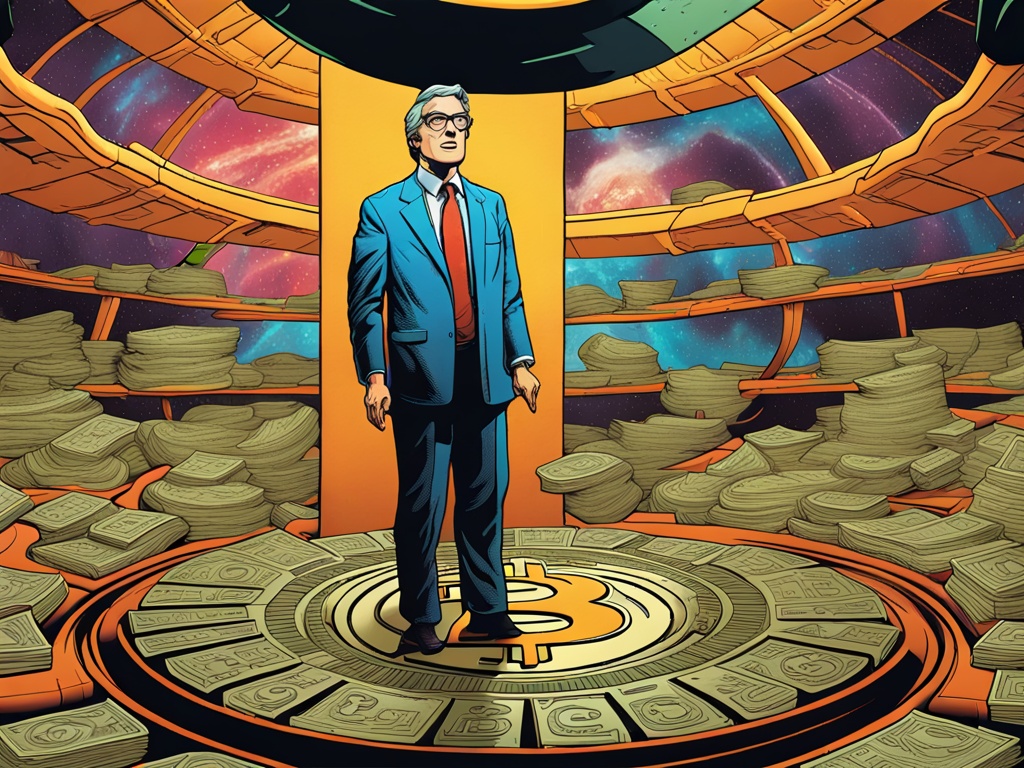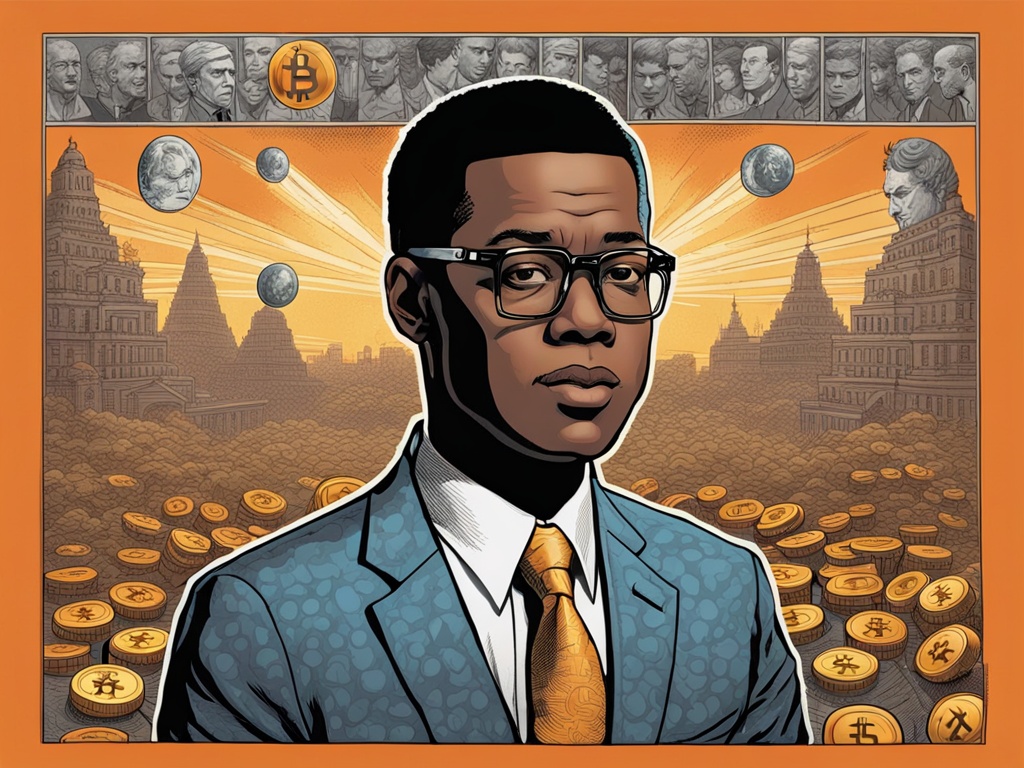Bitcoin Reserves: Concerns from Experts and State Initiatives 🤔💰
In recent discussions about the potential establishment of a federal Bitcoin reserve, Bill Dudley, the former president of the Federal Reserve Bank of New York, has voiced significant apprehensions. He outlines various risks associated with this prospective initiative, suggesting it could have broader financial and economical repercussions. His insights highlight both the complexities and potential pitfalls linked with a government-backed Bitcoin reserve.
Understanding the Risks of a Federal Bitcoin Reserve ⚠️
Dudley acknowledges that Bitcoin possesses certain appealing features. Its decentralized nature allows for effortless transferability across borders without dependence on traditional banking systems. Additionally, he mentions that incorporating Bitcoin into a diversified investment portfolio of stocks and bonds can offer some benefits. However, despite recognizing these positives, Dudley raises critical red flags regarding the idea of a national reserve.
- Price Volatility:
- Dudley suggests that a federal Bitcoin reserve might lead to inflated prices, ultimately favoring current holders rather than benefiting the wider economy.
- Supply Limitations:
- He highlights Bitcoin’s finite supply and inability to generate income, deeming it a speculative and unstable asset.
- Financial Burden:
- The funding necessary for this initiative could either increase the national debt or heighten inflationary pressures.
Dudley likens the financing methods for such an endeavor to debt monetization, further emphasizing the substantial economic risks involved. He calls into question Bitcoin’s viability as an asset for government holdings, pointing out its slower transaction speeds, substantial energy demands, and uncertainty in acceptance.
Instead of pursuing the establishment of a Bitcoin reserve, Dudley urges lawmakers to concentrate on crafting regulations that more effectively address the challenges within the cryptocurrency landscape. He advocates for consumer protection, measures to combat unlawful activities, and the encouragement of a secure cryptocurrency development ecosystem.
State-Level Developments: Florida’s Bitcoin Reserve Plans 🌴🪙
While Dudley’s insights paint a cautious picture of the federal cryptocurrency landscape, certain states are taking steps in a different direction. Florida stands out as a potential pioneer, with indications that a state-backed Bitcoin reserve could be realized as soon as the first quarter of 2025.
Samuel Armes, president of the Florida Blockchain Business Association (FBBA), suggests that this initiative could gain traction under the leadership of Governor Ron DeSantis and supportive lawmakers like Danny Perez and Ben Albritton. According to Armes, there are plans to utilize the state’s pension fund and budget surpluses to make investments in Bitcoin.
- Key Supporters:
- Florida’s officials are showing a strong pro-cryptocurrency stance, potentially positioning the state as a leader in cryptocurrency adoption.
- Investment Strategies:
- Exploration of leveraging state financial resources for cryptocurrency investment indicates a strategic pivot towards embracing digital assets at the state level.
This year, Florida’s proactive approach contrasts sharply with Dudley’s caution regarding federal cryptocurrency reserves. The divergent paths of federal and state policies highlight the ongoing debate over cryptocurrency’s role in the economy and governance.
In Summation: Navigating the Future of Cryptocurrency 🌐🔍
The dialogue around federal versus state initiatives regarding Bitcoin reserves reflects a broader tension in the cryptocurrency arena. On one hand, there are significant concerns about the economic implications of establishing a federal Bitcoin reserve, notably pointed out by experts like Bill Dudley. Meanwhile, states like Florida are looking to embrace cryptocurrency through direct investments, suggesting a counter-narrative to the federal caution.
As these conversations unfold, stakeholders must carefully consider the benefits and pitfalls of cryptocurrency in the financial ecosystem. Engagement and informed discussions on crypto regulations, consumer protections, and market stability will be pivotal as both federal and state entities navigate the complexities of integrating cryptocurrency into established economic frameworks.
Hot Take: The Future of Bitcoin Reserves and Regulation 🔥💡
The future of Bitcoin, whether as a federal reserve asset or through state-backed initiatives, will likely continue to evoke varied opinions and approaches. As skepticism and optimism coexist, the question remains: how can policymakers create frameworks that harness the potential of cryptocurrencies while mitigating risks? The answers to these inquiries will shape the trajectory of cryptocurrency regulation and its place in the broader economic landscape.
Sources:Bloomberg Opinion





 By
By
 By
By

 By
By
